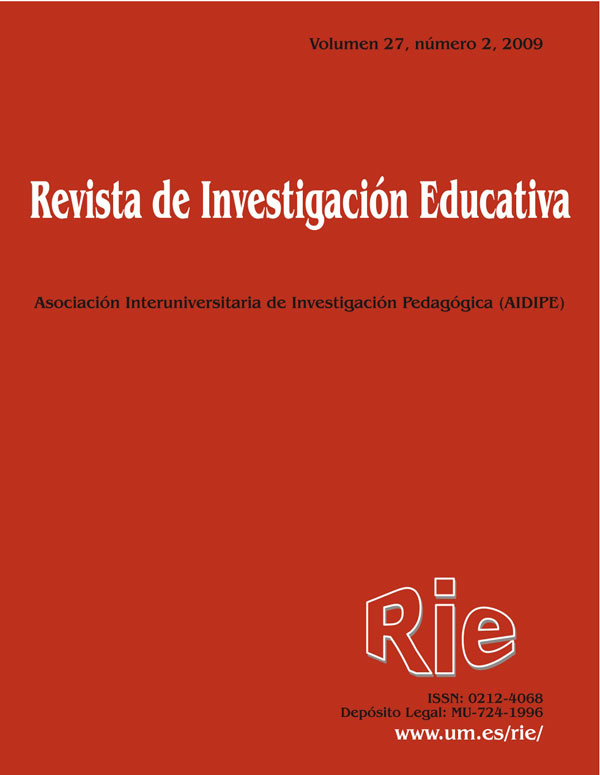School guidance in secondary education in the region of Huelva from the perspective of teachers and member of board of directors
Abstract
This paper presents the results and conclusions of a research study on the degree of knowledge that Huelva’s educational sector has about School Guidance, and about both the assessment the sector carries out of the advisor’s job and the necessary changes to favour the surmounting of real difficulties at schools. Research was carried out using a survey-based methodology and by means of a structured questionnaire. The answers given by 526 professionals —428 teachers and 98 members of Boards of Directors— were analyzed. The answers dealt with the perception they have of the evolution of the figure of the advisor – from their origins until today; with the work carried out by advisors in collaboration with the different areas of the educational community; with what these professionals expected and then experienced when they joined schools; with the assessment of their job, and the determining factors related to both the schools and the advisor’s personal and professional features, etc.Downloads
-
Abstract320
-
PDF (Español (España))155
The articles and scientific documents published in RIE abide the following conditions:
1. The Servicio de Publicaciones de la Universidad de Murcia (the publisher) has the property rights (copyright) of all the documents published and allows the reuse under the user’s license indicated in point 2.
2. All documents are published in the digital edition of RIE under a Creative Commons Reconocimiento-NoComercial-SinObraDerivada 4.0 Internacional. (legal document) license. These documents can be copied, used, distributed, communicated and explained publicly if: i) the author(s) and its original source of publishing (magazine, publisher and URL of the document) are cited; ii) it is not used for commercial purpose; iii) the existence and the specifications about this license are mentioned.
3. Auto-archive’s conditions. The authors are allowed and encouraged to digitally distribute the pre-print versions (a version before evaluation) and/or post-print (a version that it is already evaluated and accepted to its publication). This promotes circulation and distribution earlier and can increase the citations and significance within the academic community.









